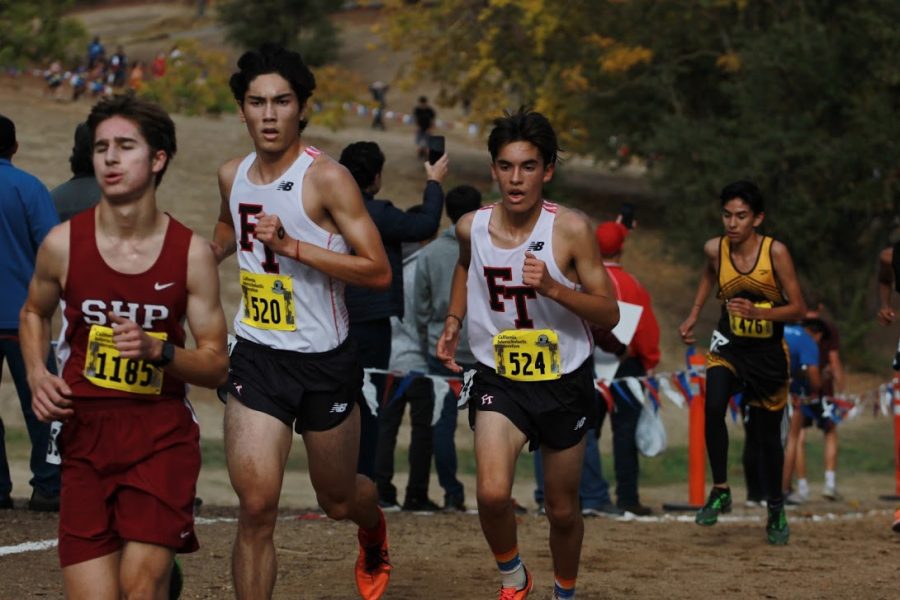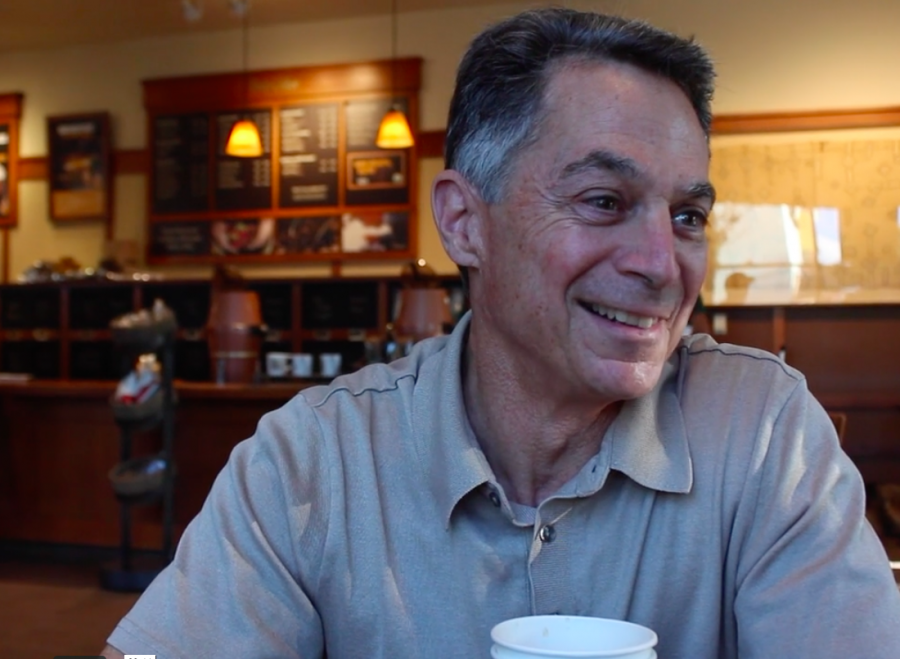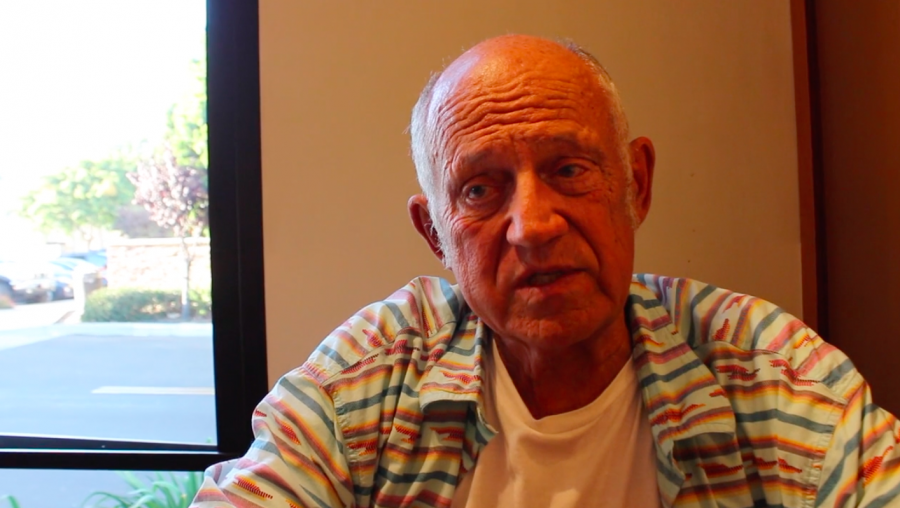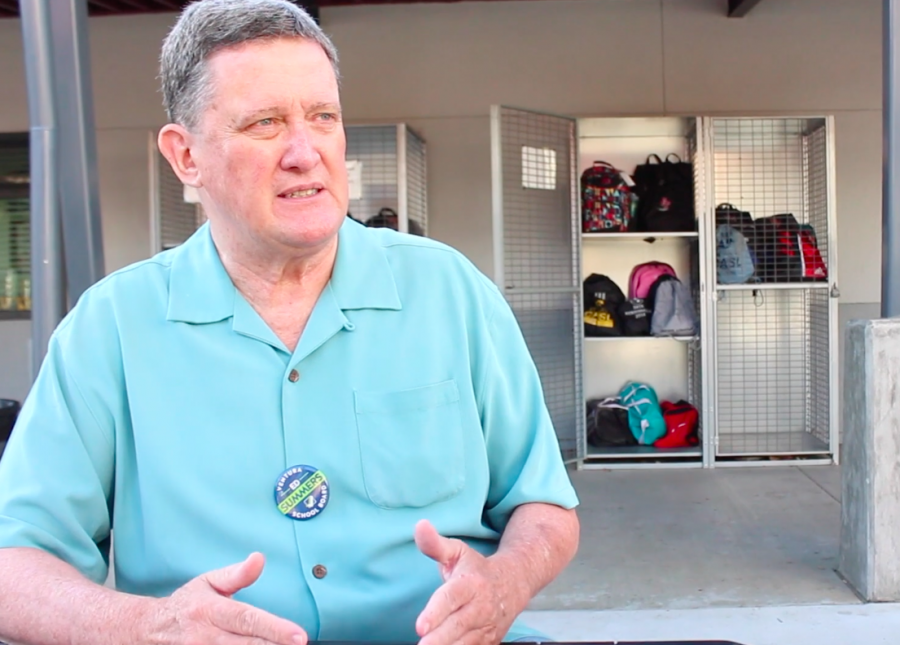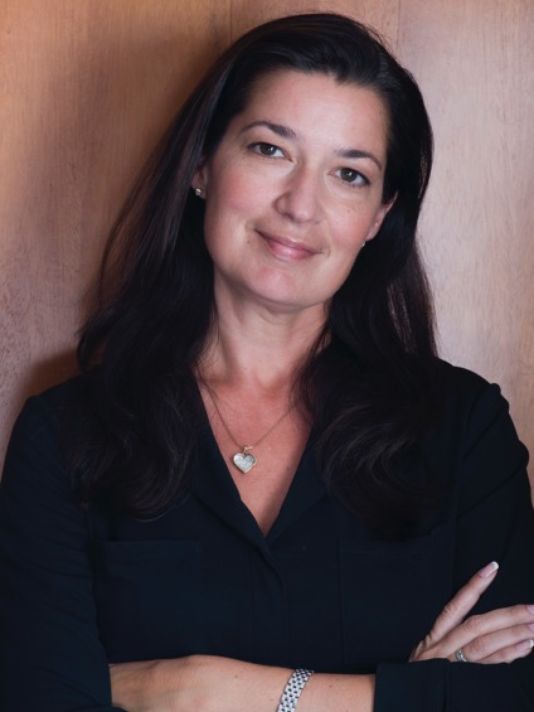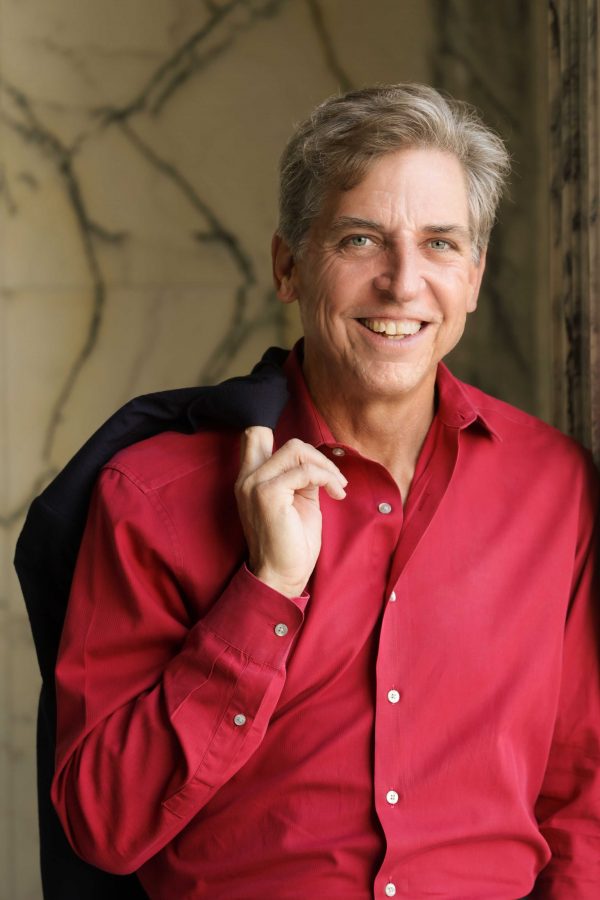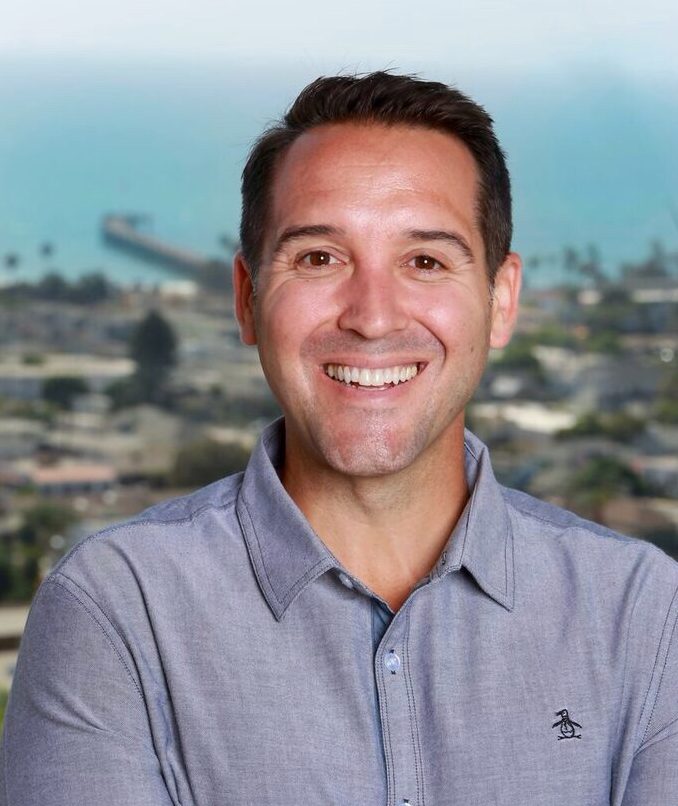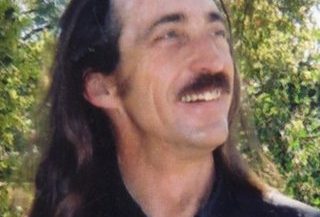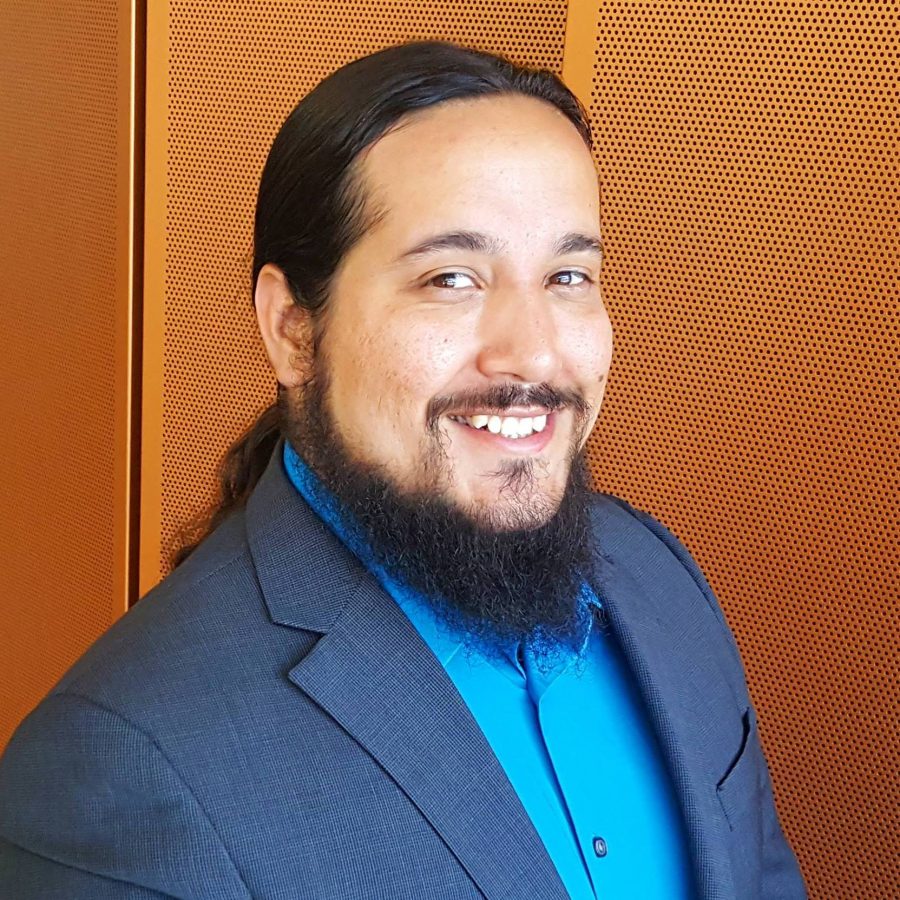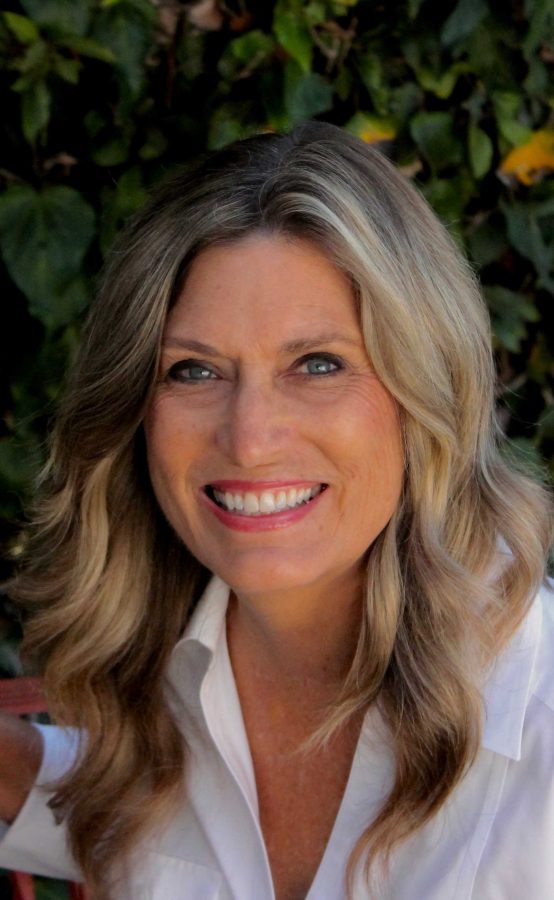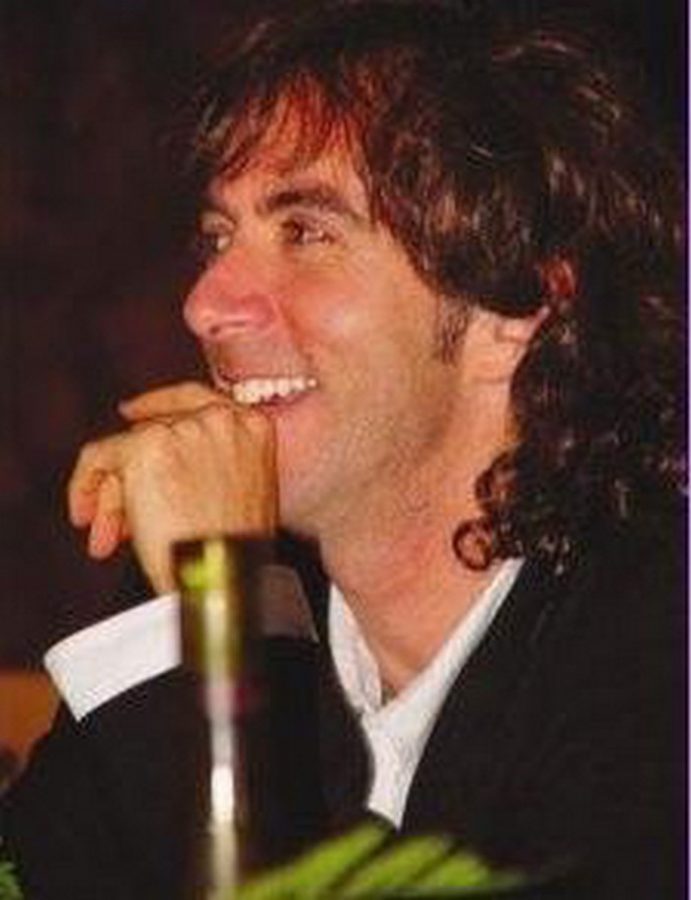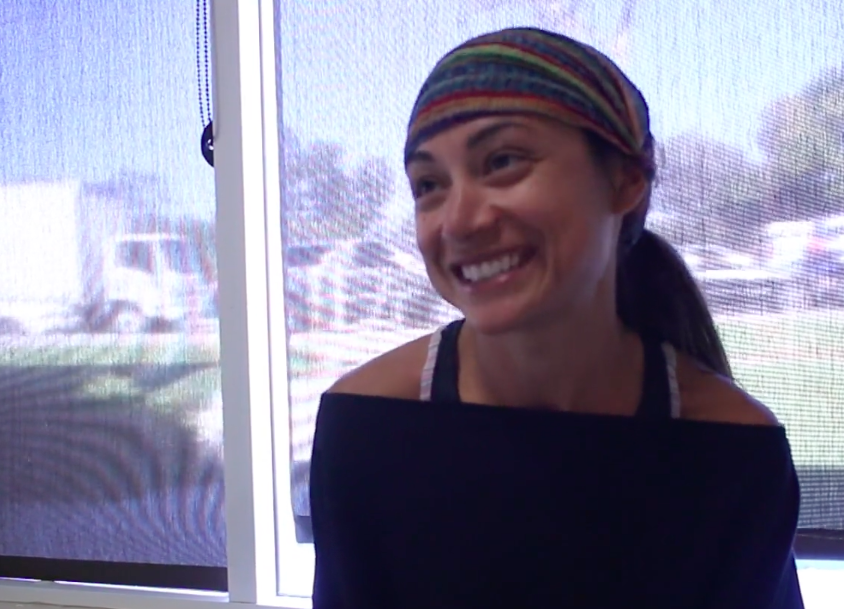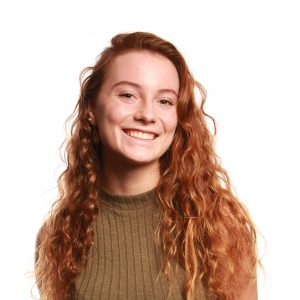SANCHEZ-PALACIOS: I’m Jeannette Sanchez-Palacios and I’m running for Ventura City Council. I decided to run because for such a long time I’ve been working sort-of behind the scenes helping other candidates get elected into office or working for other elected officials, and I feel that I have the experience that’s needed to be on a City Council and help make decisions that would help our city.
What’s your background as a Venturan?
SANCHEZ-PALACIOS: I’ve been in this community for more than ten years now. The way I’ve been involved in this community has been through organizing. I used to work for the Public Union, the Public Employees Union, which basically represents city, county, special district employees. I was their communications/political coordinator and so I was in charge of vetting all the candidates, interviewing them, I was the liaison between our organization and the elected officials. So, I would go to City Council meetings and speak on their behalf or meet with them. Same thing as Board of Supervisors, that sort of thing.
From there, because I was developing different relationships with different elected officials, I became good friends with Assembly Member Das Williams. He, back then, was a legislative aid for one of the non-profit organizations that we used to work with. When he was elected to the Assembly, he then asked me if I wanted to come work for him as his District Director.
That was back in 2010, and then that’s kind of how I started working even more in the political world. I was his primary person in the Ventura area, because his district covered both Santa Barbara County’s and Ventura, and so I was assigned basically to both counties, but primarily in Ventura. From there, I went to work for Assembly Member Jacqui Irwin, who I work for now and she’s my boss, but I’m her district director.
So, kind of the same thing here where I’m in charge of the district and ensuring that we’re serving our constituents. When I think about it, my experience here in the county has sort of spanned from way up northern Santa Barbara county all the way to borderline L.A. county, and everything in between—I’ve sort of had my hands in there somehow.
Which measure on the ballot are you most passionate about and why should students and their families also support it?
SANCHEZ-PALACIOS: So there’s a lot of measures. I think, for me right now, SOAR is very important. I know that there’s a competing measure to that, and I think it needs to be clarified that, SOAR, which has been the one that’s been in the county for so long has been working for us.
It’s unfortunate that there’s different opinions and that they couldn’t come to some sort of resolution. But the Sustain VC, which is the opposing measure, unfortunately is a shorter period of time, which means we have to go back to the ballot again once it expires, which costs taxpayers a lot of money, so it’s yet another election. And then, there’s some, in their language, there’s some options where it would just be left up to the Board of Supervisors to decide whether or not an area could be developed or a project could be developed.
That kind of takes away the process of including the whole electorate, all of the voters, whereas SOAR allows — if you want to do a development, if you want to do a project, you can still do it, just take it to the voters. So I think those are the main differences, and, for me, SOAR is important to work, it’s helped us maintain not building in our hillsides, keeping our open space, and ensuring that, you know, our growth is an adequate and a sustainable one.
Okay, why do you think that students and their families should be behind SOAR?
SANCHEZ-PALACIOS: I think a lot has to do with — for me anyway — I’m coming from, I have kids too, I want to make sure that they have a lovable Ventura like the way we have. Our beach access, our hillside’s access — it’s beautiful and we want to make sure that it’s not overtaken by development. So, if parents want to have their children be able to enjoy what we’re already enjoying, then we want to protect that.
For the youth, I think it’s important because then you guys can become good stewards of our earth, of our hillsides, our open space. You guys get to enjoy it, and it’s something that, you know, for us, you know, it characterizes Ventura of who we are. I think, I don’t know if you’ve read or heard, but there’s so many people, you know—we’re one of the most desirable places to live nationwide. It came out in several magazines, and so, and I think it’s because of that.
We haven’t lost our special character, and I attribute that to SOAR because its protected our open land, its protected our, you know, space, and where we can build or where we can’t. So, I think that’s important to future generations.
Two measures it seems Foothill families care about are Measure R and the measure extending the SOAR initiative. Do you support either, both, or neither of these measures? Why?
SANCHEZ-PALACIOS: And measure R, which one’s that one?
Measure R—that’s the one about providing adequate necessities to students and making sure that they have good teachers—
SANCHEZ-PALACIOS: — right. I’m telling you, there’s so many measures. Yeah, no and that, I would definitely support as well, because, for students especially, you guys deserve to have, you know, the special ratio, especially here. I come from L.A., I went to public schools in Los Angeles and it’s nothing compared to what you have here, even now.
I mean, for me, that was like 20-30 years ago, and the population back then… I mean, children were in a classroom setting where there was like 40 students to one teacher, and maybe one T.A., maybe. I think, especially here at Foothill, you guys have such a unique and advantage to having a smaller school setting.
And I think Ventura, in itself, also has, you know, even the bigger high schools have a smaller setting compared to many other schools. And so, I think anything that would protect and provide the resources that students need to have a great education is something that I would support.
How do you plan to strengthen the partnership between the school district and the city, and involve more students in local government?
SANCHEZ-PALACIOS: So one of my priorities is youth in my platform. I actually want to create a Youth Council. I work with Assembly Member Jacqui Irwin who, when she served in the City Council in Thousand Oaks, she actually helped create the Youth Council, but also helped create the internship program. It’s called, “City Internship” where she — the Council works with students, works with local businesses to help get internships for those students so that they can get real-life experience. And actually, our office, as the State Assembly office, participates in that program.
One of our priorities is that, when we get interns into our office, we don’t just give them the phones to answer, or letters to write, or data entry, we want to make sure that they get as much real-life experience as possible. So I will assign them case work, you know, cases, so that they can help a constituent who needs our help. I will also have them research the bills that the Assembly members [are] about to either vote on or pursue or support or not support. They will also sit in meetings with actual constituents who come in and meet with her or myself, as her staff, on, you know, relevant issues.
And so, for me, I want to be able to bring that to the Council and help the youth feel part of the decision making. I was at a City Council meeting where a Youth iMatter Organization basically rated the City Council on issues that were important issues to them, climate change being one of them, and they generously gave the City Council a C-.
And so, that was just a reflection to me of how youth wants to be involved, number one, but number two, how we’re not being inviting to you guys. We’re making decisions that we think are correct for you, but we’re not getting your input, and for me that’s very important. My daughter, who’s 19 now, you know — I know that you guys have a lot to say and I know you guys have a lot to think about, and you care about different issues that aren’t necessarily, as adults, our primary issues.
And so, having a Youth Council work alongside with the City Council, I think can give a clearer picture of what you guys want and how we can help you. I think partnering with the school district is very important because there’s policies that the city can sometimes inadvertently hurt our students or help our students.
You know, if we can partner with the schools, we can then be able to create a much greater collaboration among businesses, government agencies, organizations, non-profit, private business so that you guys have the access to those internships or those jobs or that training that you’ll need in the future. So, that’s one of my priorities, is to be able to create a Youth Council. And it will take some time, it might not be the first year when I get in, but it will definitely be something that I want to strive for.
What do you think is the most pressing issue facing our city today and how can it be addressed?
SANCHEZ-PALACIOS: There’s several pressing issues, I think one of them is the housing and the affordability of our homes and if we can live here or not. And again, for me, that ties in with our youth because a lot of our younger generations, who’s graduating from either high school or from college, can’t afford to live here own their own, and so they’re either still living at home with their parents or they’re not living here and they’re deciding to move somewhere else.
So, affordability of our homes has to be something that we can look to to solve by using existing buildings that are, that we can redevelop, that we can improve and enhance where we can add some sort of workforce housing that’s more affordable to the people working here so that they can also live here. In combination with commercial buildings, where there’s businesses and homes together, you know, like apartments, in our downtown area so that our young folks can love where they work, can walk to the store, can feel like they’re in their community and that we’re doing something to help them keep, to help them stay here.
So I think housing is definitely one of them, and then, the other is jobs and how do we create the jobs that are good-paying jobs so that everyone here who’s working isn’t living paycheck to paycheck. And I think, again for me that goes back to working with businesses and trained and, creating a training internship environment where maybe as a recent high school graduate, you can get an internship that then turns into a real job that has a good paying salary.
Then there’s also trade schools that if perhaps college isn’t an avenue for some of the students or the universities, you know—what can you do with your hands, right? How can we support that aspect of it as well so that, if you’re not going to a university or a college and that’s your choice, that you still have some sort of trade training where you can still get a good paying job and maintain and stay here in Ventura.
Our City Council representatives should embody the values closest to our hearts, because these values will guide their decisions in office; they should also act as leaders not only on Monday nights in City Hall but throughout their term in their interactions with the community. What values do you embody, and how do you act as a role model for the youth of Ventura?
SANCHEZ-PALACIOS: I think for me, community involvement is a good value to have. I think you’re right in saying that we’re not a City Council member just on Monday nights. And I think that’s a proven fact for me, where I’m always attending some sort of event, some sort of meeting, you know, I volunteer a lot with PAL, where we work out boxing with the kids at Westpark. I also volunteer with the Women’s Political Council. I actually sit on their board as their Communications Person, one of them.
And so I think community involvement is important because that’s where you hear and that’s where you get firsthand what our community needs, what our community wants, and sometimes you get the idea from people who are not necessarily in elected positions, but that are everyday people and are saying, “Hey look, I have a good idea. How about you listen to me?”
And I think that’s also how you interact with constituents. That’s been my job for more than a decade now, is basically serving our constituents and meeting with them, listening to them, and that takes community involvement, that takes you being out there, whether it be a Chamber celebration, a ribbon-cutting of a new, you know, new business, or you know, going to a school event, musical event that you guys put on, or a basketball game, or a volleyball game, and I think just getting involved in our community and what’s happening is important because that’s how we hear what’s happening, that’s how we hear what people want.
And so, for me, that’s why I wanted to come here, to you today, instead of meeting at a coffee shop, because I want to see where you, you know, what’s your world like?* And we’re only allowed, only able to do that if we take part in it instead of inviting the other person to come into our world, I want to be in yours.
*The interview with Jeannette Sanchez-Palacios was held in the Foothill Dragon Press office.



